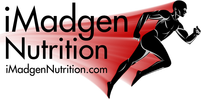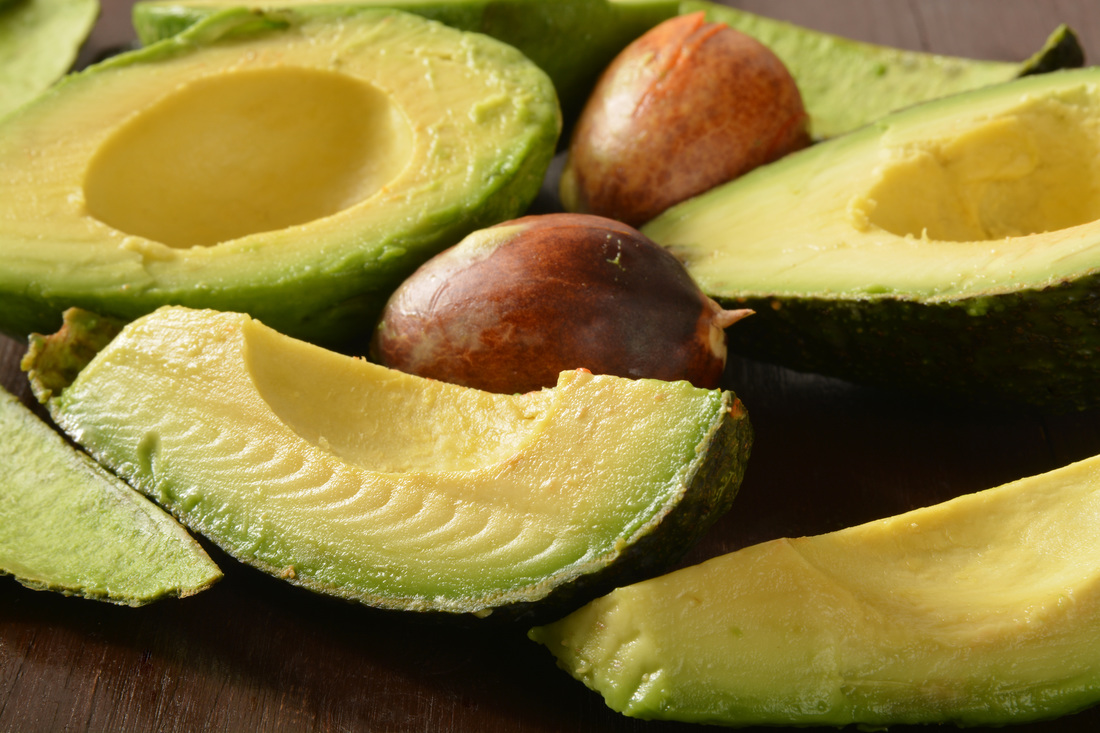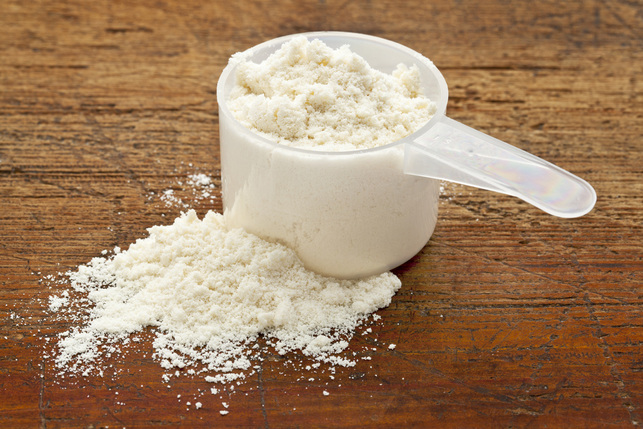Low fat diets became quite popular years ago when science found what they thought to be a link between dietary fat intake and body fat accumulation. It seemed intuitive at the time. We’ve come a long way since then, and like everything, the more we explored the topic the more we realized how complex the topic really is. Today there are a few things we think we have figured out:
|
Last week I asked the question, what is the difference between wheat and other high glycemic starches such as potatoes or rice? Well the answer is gluten. Gluten happens to be a very hot topic right now, and like I said last week, about 6% of Americans are apparently suffering from gluten sensitivity. Dr. Davis claims that gluten is a toxin for our body; however, research concerning non-celiac individuals has yet to find gluten as a trigger for any health problems (see here, here and here).
Whether it is strictly adhering to a gym regimen or training for the Olympics, athletes must have a diet plan that caters to their demanding physical lifestyle. Cutting processed sugars and boosting protein are usually the first ideas that come to mind, but in reality, building an athlete diet plan takes a comprehensive approach. There are huge mistakes athletes tend to make when it comes to their nutrition and if you consider yourself an athlete, it is best to get to know these mistakes so you can avoid them in your own athletic eating plan.
I recently read the book Wheat Belly. The author of this book, William Davis M.D. is a real doctor, which is generally a good thing. The reason why I say this is because the last book I read before this was the pH Miracle, written by Robert Young, who claims to be a doctor, but is really just an idiot. For my post on Robert Young and his book, see here.
As an athlete you want to take the best care of your body as possible. It’s imperative that you eat right, lift weights, train in your chosen sport, and take care of yourself by living a healthy lifestyle. That also includes taking the right kind of supplements. You don’t want ones that contain too many ingredients. Whey protein powder is an excellent supplement to take for a variety of factors. iMadgen Nutrition offers the supplement as part of their total wellness package. Here are four reasons you should switch to Whey Protein Powder right away if you want the best for your body.
I recently wrote an article for Swimming Science on the topic of post-training nutrition for elite swimmers. The original article is here. If you are a swimmer you should definitely have a read and consider these suggestions. You should also consider getting my ebook specifically designed for Elite Swimmers. You can find it here:
If you have always been fascinated by food and fitness, then a career as a nutritional coach might be the right choice for you. This career is not only interesting, but you will be guiding people towards a much healthier lifestyle. Wouldn’t that be a fulfilling way to live your best life? So this is a valuable choice to pursue if you can see being happy with that as your future.
I am primarily a sports nutritionist, BUT I am a big supporter of the idea of holistic nutrition. Unfortunately the industry often appears as a joke when compared to research proven sports nutrition. Through this blog I hope to separate the garbage from truth and set the record straight when it comes to holistic nutrition.
Lets say we had a coin-flipping contest; we flip a coin 100 times, whoever correctly calls their flips the most number of times wins. Simple math tells us that this contest is comprised purely of chance, with everyone having a 50% chance of getting it right on each flip.
There's no doubt that what you eat plays a large role in how you perform. Because of this reality, it's crucial that you have a customized diet based on the demands of your sport and your individual needs. Creating a customized meal plan to maximize your athletic performance may seem
|
AuthorWrite something about yourself. No need to be fancy, just an overview. Archives
February 2016
Categories |











 RSS Feed
RSS Feed





